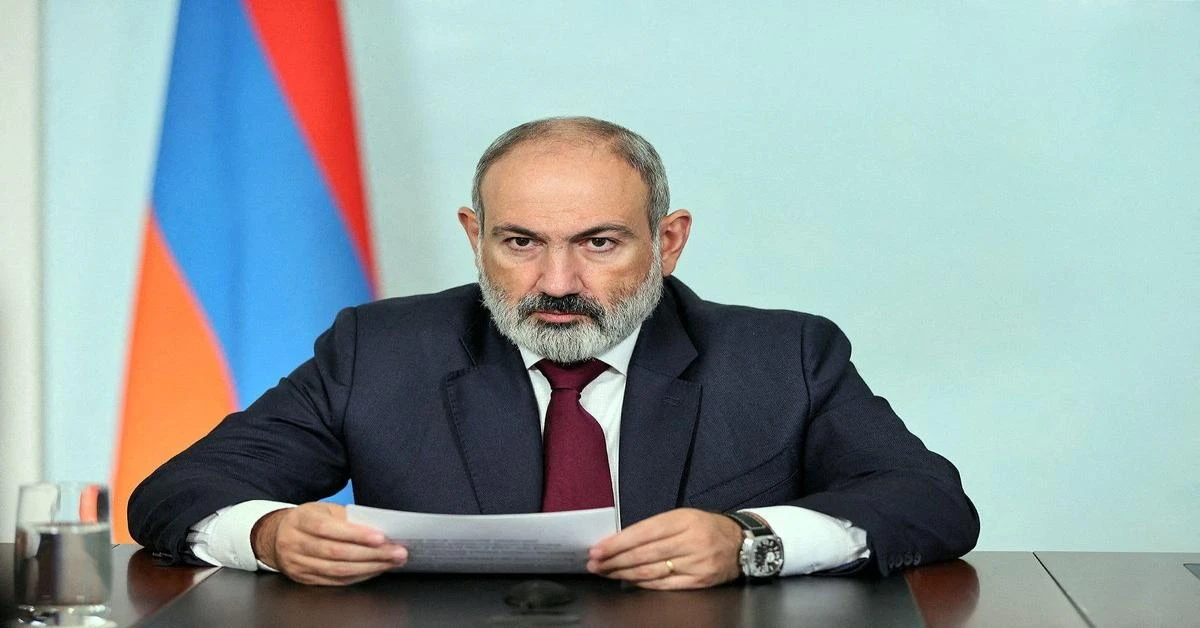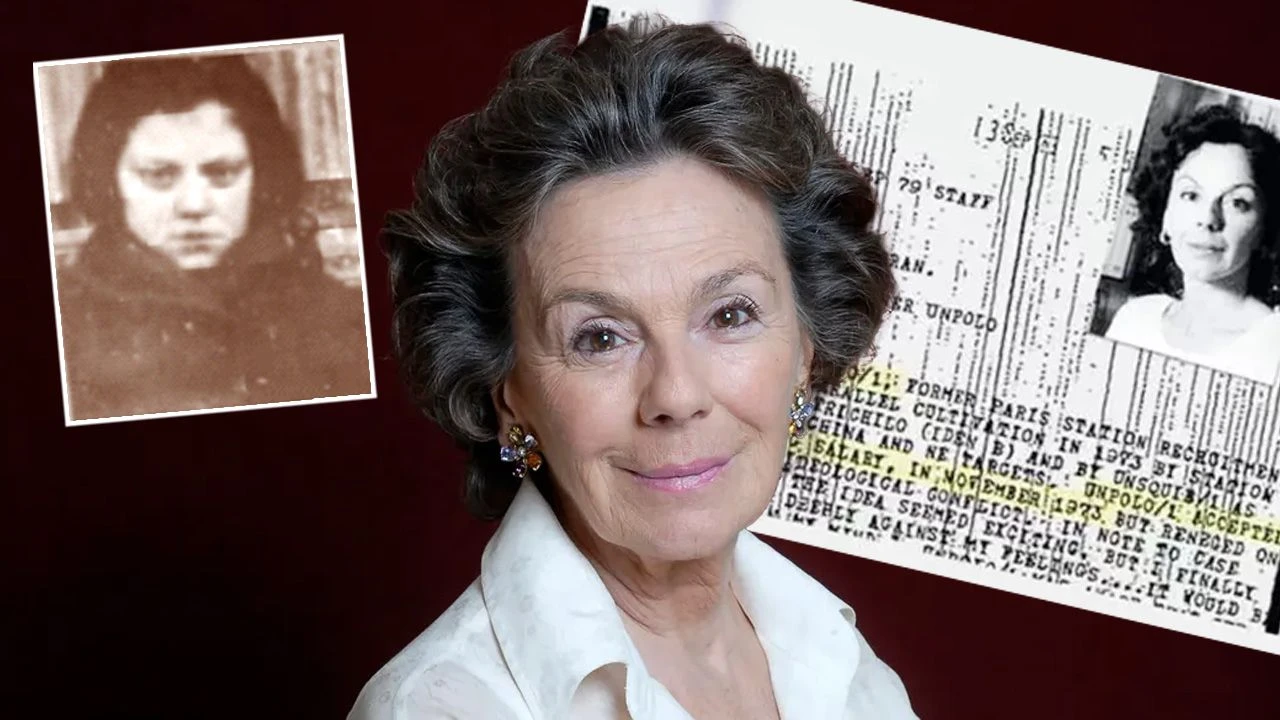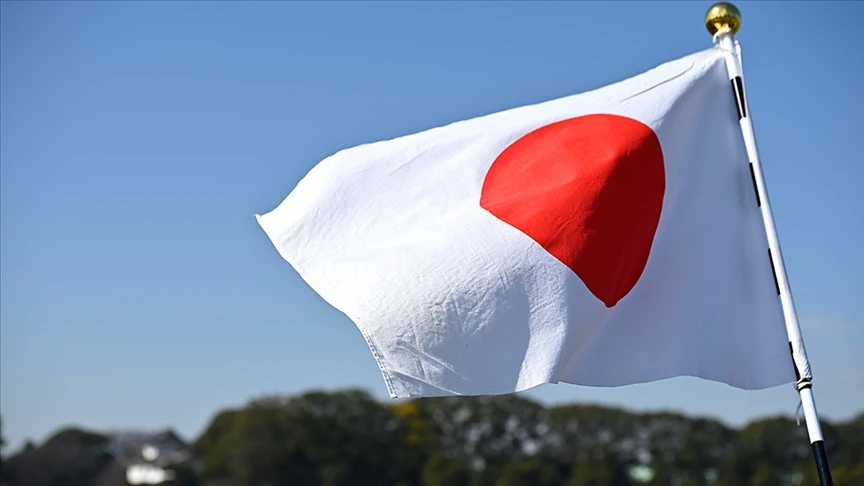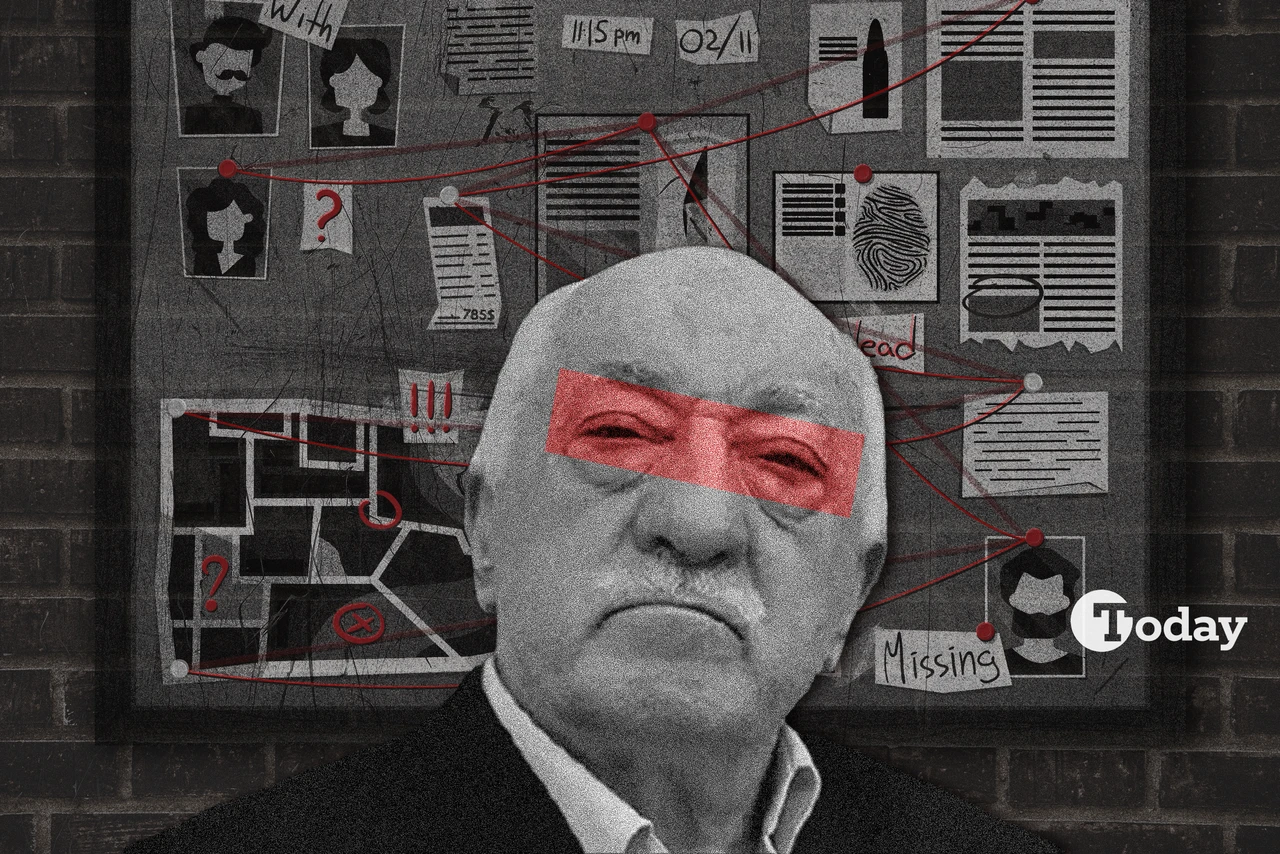Armenia’s PM Pashinyan threatens war risk in Azerbaijan border dispute

Nikol Pashinyan issues stark warning of possible war over border disagreements with Azerbaijan, urging immediate action
Armenian Prime Minister Nikol Pashinyan has warned of an imminent risk of war with Azerbaijan following disagreements over disputed border territories.
Speaking to residents in the Tavush Region, Pashinyan emphasized the gravity of the situation by saying: “If we do not agree with Azerbaijan, we may see war break out this weekend.”
Pashinyan’s visit to the border area highlighted the urgent need to define the Armenian state borders. He detailed the government’s steps, saying: “Special commissions will determine where the Republic of Armenia starts, which will become our state border.”
The Armenian leader framed the situation as a dire choice between yielding to Azerbaijan’s demands or bracing for conflict.
“We can leave here and say to Azerbaijan that we will do nothing, which means war by the weekend,” Pashinyan stated, addressing the potential consequences of inaction.
Azerbaijan has called for the evacuation of certain villages in the Tavush Region, escalating the tension. The Azerbaijan-Armenia Border Demarcation Commission has declared four villages under Armenian control as indisputably Azerbaijani and demanded their immediate return.
Russian Foreign Ministry spokesperson Zaharova clarified Russia’s stance on the issue, stating that Pashinyan’s war threats result from Armenia’s internal decisions and consultations with Western powers, which Russia did not influence.
In an Armenian public television report, Pashinyan asserted that a clearer border with Azerbaijan in the Tavush province is needed to prevent conflict. “Our policy is to prevent war,” he said, emphasizing proactive measures for peace and security in the region.
Meanwhile, Azerbaijani President Ilham Aliyev has expressed optimism about the peace process with Armenia, claiming the nations are “closer to peace than ever before.” This statement followed his meeting with NATO Secretary General Jens Stoltenberg in Baku.
The stakes remain high as both nations hold territories internationally recognized as the other’s. The path to a formal peace treaty is hindered by issues such as border demarcation and establishing regional transport corridors.
Control over ethnic enclaves along the border also remains a contentious point.
Source: Newsroom



